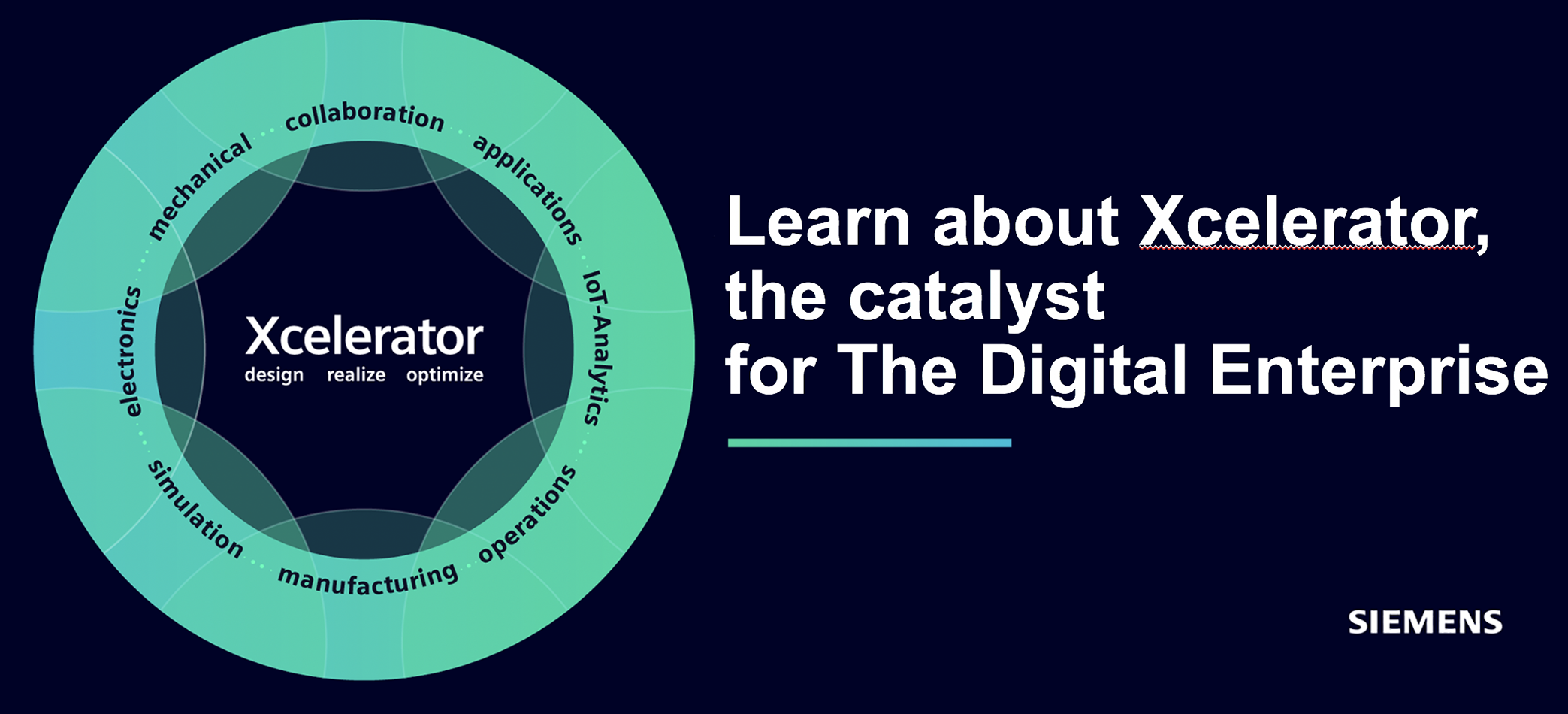Clearly the great advantage of jointly developing new technology is dramatically cut costs. Sharing the costs of this heavy development work financially seems like a wise way forward. Admittedly, one could object that it is a disadvantage that the possibility of differentiating the vehicles technically is reduced, but this is dismissed by the two parties:
“Volvo Group and Daimler Truck will remain fierce competitors and continue to differentiate their complete product and service offerings, including their respective digital solutions. Both companies will provide their own end-user applications on top of the platform to offer differentiating digital vehicle capabilities to their respective customers,” it is stated in the official press release.
An industry paradigm shift
A software-defined vehicle is any vehicle that manages its operations, adds functionality, and enables new features primarily or entirely through software. It is, as Martin Lundstedt points out, a fact that, ”software-defined heavy trucks represent a paradigm shift in the transformation of the transport industry.”
He further claims that the companies, as two leading actors in the heavy commercial vehicle industry, share the ambition to lead the digital transformation to software-defined heavy commercial vehicles. Thus, to reinforce their efforts, both companies have reached the so far preliminary agreement to establish a joint venture to develop a SDV platform and a dedicated truck operating system, which will form the basis of future vehicles. The intention is to make the new joint venture a leading developer of standardized hardware and software. This technical basis will then enable Volvo Group and Daimler Truck and potentially other partners to e.g provide differentiating digital vehicle capabilities for their products, ultimately improving customer efficiency and experience.
In the press material, the companies note that they intend to be 50/50 partners in the joint venture, which will operate as an independent entity, with Volvo Group and Daimler Truck continuing to be competitors in all other business areas. In connection with the already heavy investments in the conversion to CO2-neutral drive technologies, collaboration on digital technology development has become even more important in order to best fulfill development goals and customer expectations within a feasible time frame.
Partnership is the leadership of the new age
Martin Lundstedt notes in this context that Volvo Group and Daimler Truck are two individually fantastic companies.
“Making the truck a programmable unit with standardized hardware and operating systems for rapid product updates will enable both companies to create value for our customers and their customers by differentiating digital services and solutions. Partnerships really are the new leadership.”
The joint venture will be headquartered in Gothenburg, Sweden, and will incorporate existing assets and resources from both companies into the new organization. The goal of both shareholders is to set the industry standard for a truck operating system and offer its products to other OEMs. To this end, the joint venture will provide a common developer platform as a service, on which its customers can build differentiating software layers.
The preliminary agreement now signed is non-binding. A final agreement is expected within this year, with the aim of completing the final transaction in Q1 2025, subject to the necessary review and approvals by the respective authorities.






